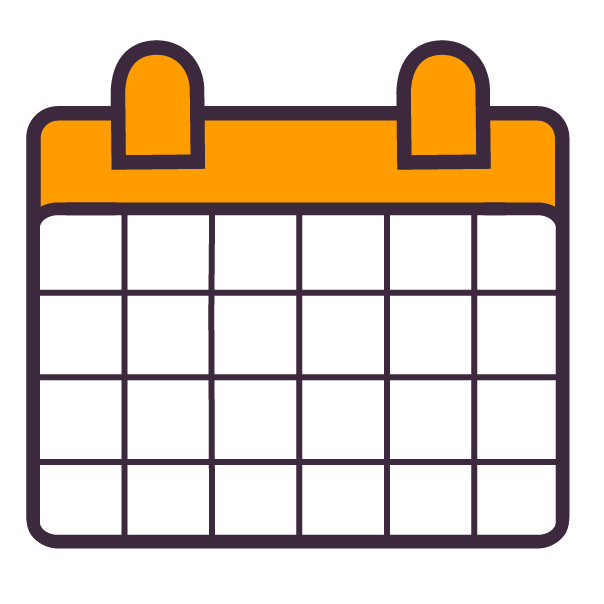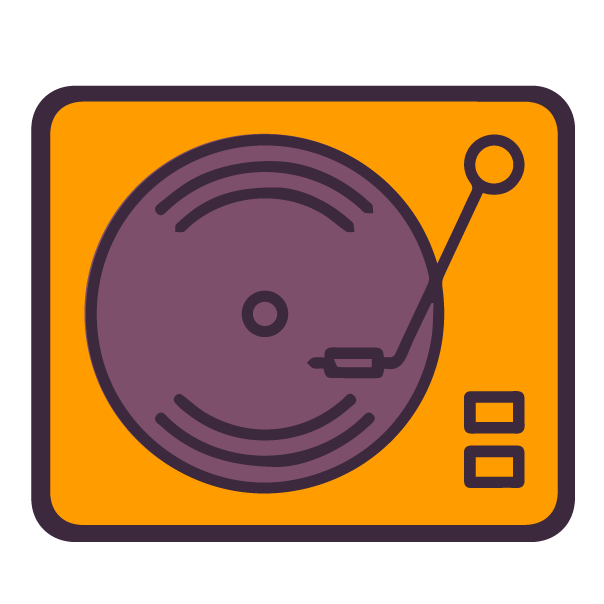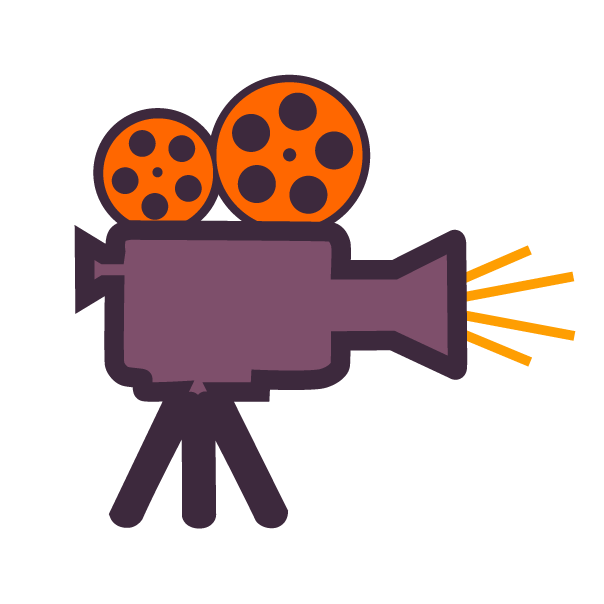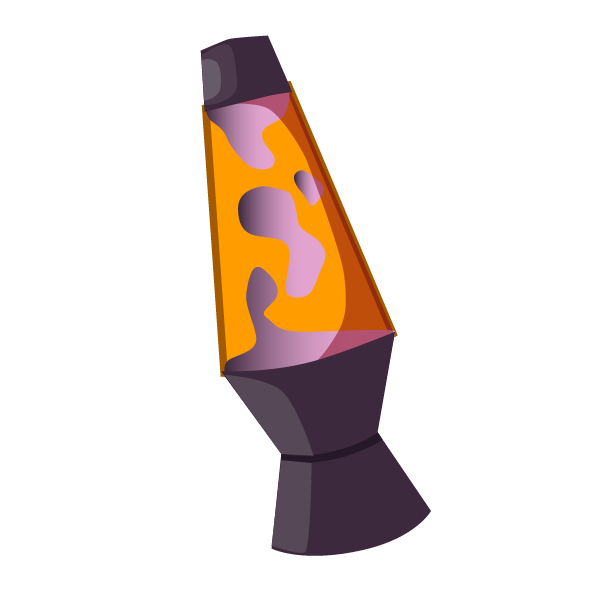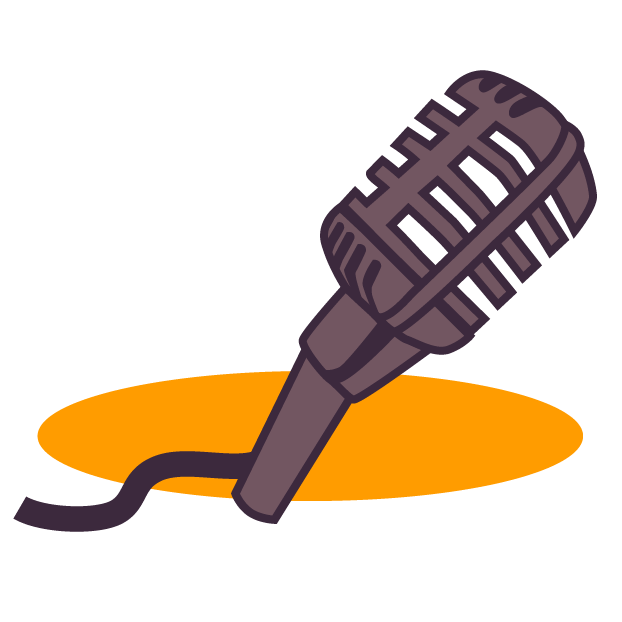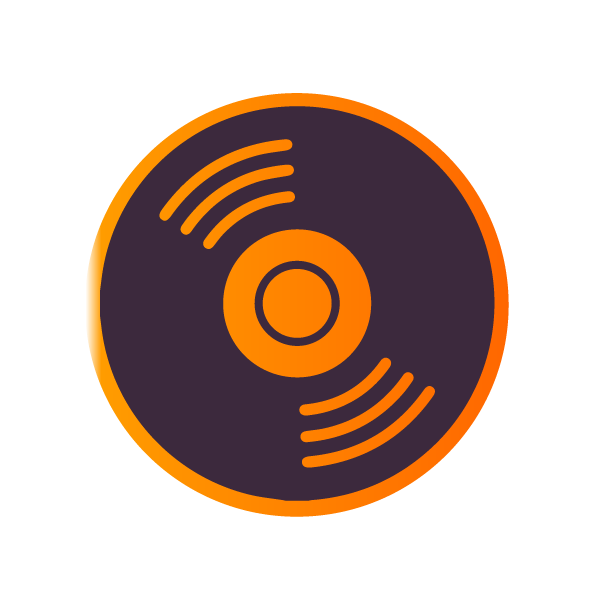By Noah Sollinger | July 13, 2022

Open Mike Eagle is certainly a rapper. With eight studio albums, several tours under his belt, and a very dedicated fan base, Eagle has had the career many young rappers dream of. But rap is just the beginning of his creative arsenal. From music, to podcasts, to TV, Eagle’s intelligence and impressive creativity have allowed him to leave his mark through a variety of mediums, and he is just getting started.
Raised in Chicago, hip-hop was always part of Eagle’s life. “As long as I’ve been alive, it’s been right outside my door,” he told us.
After learning to freestyle in high school and playing a few shows, he joined the trio, Thirsty Fish with Dumbfoundead and Psychosiz, with whom he further sharpened his lyrical skills. A few years later in 2010, he finally released his first solo studio album, Unapologetic Art Rap. The album certainly pushed the boundaries present within hip-hop at the time with creative production and intricate lyrics. It set the tone for Eagle’s music career, and each of his subsequent projects have represented an evolution of the brilliant style he debuted on this record.
Music has remained to be Eagle’s main creative pursuit, but he has explored multiple different mediums over the past decade. One of these is podcasting, which he describes as “a great opportunity for an artist to define themselves outside of the music.” Eagle has even started his very own podcast network, Stoney Island, allowing other creatives to have shows that are featured along with his content.
A significant portion of the podcasts featured on Stoney Island revolve around hip-hop, but hip-hop is far from the only thing covered. One of Eagle’s earliest shows actually revolved around the popular cartoon show, Adventure Time. This eventually led to him being featured in an episode of the show.
In 2019, Eagle’s excellent music and podcasting credentials landed him his very own show on Comedy Central entitled The New Negroes, which he co-hosted along with Baron Vaughn. The show featured stand up sets from several different comics and included a new music video every episode in which Eagle would collaborate with guest artists such as MF Doom and Lizzo.
Eagle decided to turn this struggle into an album. He told us this realization with his therapist “kind of changed the direction [he] was writing in on that album,” and led to him truly putting his feelings into his music. The project that came out of this was 2020’s Anime, Trauma, and Divorce, his most personal album to date. In it, he expresses his struggle through beautiful lyrics and complex production in a way that only he can.
The project may have been released during the pandemic when people were dealing with their own set of personal issues, but it resonated with fans nonetheless. “People were just looking for some blues music,” he exclaimed.
We chatted with Eagle before soundcheck for his show on the rooftop of Elsewhere in Brooklyn, overlooking the Manhattan skyline. Later that night, despite serious humidity and 90 degree heat, he played a beautiful set in front of a packed crowd.
What was the first concert you attended?
1996 Common, Talib Qweli, Mos Def, and there was somebody else on that show too but I can’t remember.
Who or what inspires you?
Frank Zappa is very inspiring to me.
Do you have anything specific you want people to take away from your music?
Rap music has infinite potential for creativity. And I’m not saying that I necessarily point to that in anything I do, but it’s just something I always want people to think about in terms of rap. Just stop selling it short.
Favorite city or venue you’ve played in?
Doug Fir in Portland. That was my favorite venue in the fucking world. Portland, Oregon, the Doug Fir Lounge is the greatest place to play in the world as far as I’m concerned.
It’s built like an underground treehouse. It’s wood paneled, with logs everywhere. And the sound is fucking impeccable. I love that place.
What about your pre-show routine? Is there anything you really need to do before you get on stage?
Drink a little whiskey and eat a little weed. I gotta time it just right, dude, so I’m peaking right when I’m up there. You know, you don’t want it to go too quick or too late.
What was your musical upbringing? Were you surrounded by music growing up or did you find your way to it yourself?
I went to a lot of black churches growing up, and my grandparents and my parents both heavily into black music from all eras. So, the music was just in my life. And hip-hop has been happening all around me since I was a kid. So it’s always been everywhere.
When did you start writing raps?
I started freestyling first when I was in high school. And I didn’t really write raps until I had to do a show. And they were like, “you need songs to do a show!” So I’m like I should write some songs. That was really hit like, it started there with me and writing.
Obviously you have been recording for a long time. How would you say your approach to the creative process and just recording in general has changed as you have grown?
For me, it’s just really been learning how to do it. My entire career has pretty much been recorded on home studio equipment between me and buddies of mine that had studios. So one thing I had to realize later in my career is that I really didn’t know how to record for many years. You know, I was a novice. I knew which buttons to press, I knew how to rap. But rapping on stage, rapping on street corners, those two things I was very used to, and rapping in the studio was an entirely different set of muscles. So it took me a while to develop my style of recording. And I would say just you know, the music I’m working on right now, I feel like I finally got it.
Do you feel like you have improved at accomplishing what you set out to accomplish with each of your projects as you have grown?
I think yeah, because I’m more tuned as an instrument now. My vocal cords, my ears, all of that is so much more developed than it was when I started it. So yeah, it’s a lot easier for me to execute what I think something is supposed to sound like now.
We read a lot about your trip to Uganda in 2012 and would love to hear about your experiences there and what you learned from their local artists.
Man, that’s a whole ‘nother talk. That was a crazy trip. Me and Ross G went. Ross G passed away a few years ago. So that’s like a really close memory I have of being there with him. Neither one of us really knew what we were getting into. Under a California state sponsored arts program, we got sent to Uganda to work with another youth group out there that was doing similar work as the one we belong to in LA. We came into that situation representing American rap, and having American resources. And there were entities out that way that took advantage of both of those things. So those issues were challenging, but we ultimately got to make some really dope music on the spot with some really dope Ugandan rappers that we were linking up with every day and making music. So that shit was incredible.
You also got to work with the National Institute of Health. Tell us a bit about that study. What was it like to rap in a scientific setting?
It was nerve-racking, man. Just another situation where you learn a lot about yourself. Like, they put you in an MRI machine and say you can’t move. But you also have to rap. It was a really interesting conversation I had to have with myself, like, I’ve never wrapped sitting perfectly still ever in my life. It doesn’t even make any fucking sense. But, I had to figure it out. In order to, you know, try to make history. So yeah, we piloted the study, we helped design how they rated rapping when other people participated in the story. It was just awesome. They were studying flow state, and they found a bunch of shit out that I don’t understand.
Your music videos are amazing, from 95 Radios to Brick Body Complex. What is your video creation process, and how do you make sure your intentions with the song and your personal identity come through in those videos?
I really lean on collaborators a lot for that. And what I like to try to do is have some idea of what the intention of the song is that I can communicate with a trusted collaborator, and then they execute their vision involving that theme. And I pretty much give them free reign to execute, you know, as long as nothing happens that’s like counter to the idea of what I’m trying to get across with the song, I really love for them to take it and run with it. My vision and the music, meeting their vision in the visual realm, that’s the joy of that for me. To come together around the ideas and allow them all of the creative input they feel they desire when it comes to creating videos.
Let’s talk about cartoons! You got to be on Adventure Time. How did you get that opportunity, and how cool was it?
I used to do a podcast about Adventure Time called Conversation Parade. Me and this guy John Moe, we broke down a lot of the themes that resonated with us as adults. And also both of us are parents, so we were noticing what resonated with children. And in those episodes, we got to talk to a lot of the creators and voice actors on the show, so they really got to know us. And so when they had an opportunity to put some rappers on the show, they reached out.
You are huge in the podcast world, with a full podcast network! What made you get into the podcast world?
I’ve just always enjoyed podcasts. I’ve always enjoyed interviews. I always enjoy interesting people having conversations with other people I find interesting. I can listen to people talk all day if I give a fuck what they’re talking about, you know. The first one I heard was some old WTF with Marc Maron. I was like, “What the fuck is this? This is incredible.” Especially in rap, people have weird expectations of rap and people have weird expectations of rap music. And I think podcasts are a great opportunity for an artist to define themselves outside of the music. You get a PR push with your album, you get to tell people what to think about you for like three months, if they fucking listen. But if anybody’s actually interested, they can go listen to your podcast and see what you’re about themselves.
What made you start wanting to make a full network, allowing others to have shows as well as yourself?
Mostly just seeing that there were rappers who are already taking advantage of that, and doing it well. So I thought it would be best if we could all fly under one flag. You know, be a podcast gang. Team podcast.
Moving towards your newer music and mental health, your last album, Anime, Trauma, and Divorce discusses a lot of those themes. Specifically the track “Everything Ends Last Year,” which is a super heavy song. What made you comfortable enough to share all that stuff on a record?
I was just going through some shit. And my therapist reminded me that I have a creative outlet to get shit out that I might have a hard time talking about in regular life. And a lot of people aren’t able to process the feelings that they have. Because our society doesn’t really teach us to do that very well, typically. And that kind of changed the direction I was writing in on that album. And, that song specifically, “Everything Ends Last Year,” was just a feelings dump.
You dropped that album during Covid. What was it like sitting on those songs with the world in shambles around you? Were you hesitant releasing it?
A little bit because it felt kind of selfish to be talking about my own problems when shit was going wrong in the world. But I didn’t really have a choice. My business is kind of dependent on me getting this work out there. And miraculously, it was able to resonate with some people even though what I was going through wasn’t what they were going through. People were just looking for some blues music.
Finally, Is there any new stuff music or podcast-wise that we should be expecting from you?
Announcements soon. You will have heard there’s been announcements of plenty of new things by the time this interview is running. And there might even be some out that you can listen to now that I couldn’t say during the time this was recorded. But when you’re seeing it, it’s out. Go consume it.

Connect with Open Mike Eagle on Instagram, Spotify, Youtube and his website.
📸: shot by Miles Kirsch







